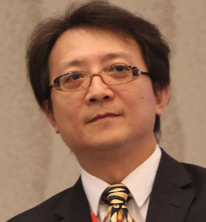In every country access to cochlear implantation (CI) for adults with severe or profound hearing loss is low. Globally, it is estimated that only one in twenty who could benefit from cochlear implants have one. Most other health treatments have internationally accepted standards of care that inform patients and health care practitioners about when specialist referrals and treatment options should be considered. This is a gap in the field of adult cochlear implantation that is addressed by a new publication titled “International Consensus Paper on Adult Cochlear Implantation”.
The publication has been developed by an international panel of experts based on examining the latest evidence and consulting with user and advocacy organisations and their goal is to improve access and practice in this proven intervention. The authors conclude that international guidelines on adult cochlear implantation candidacy are limited, and that guidelines vary from country to country. This leads to both differing levels of access and lack and systematic underuse across the world. The barriers to access they identify include low awareness and understanding of the benefits of cochlear implantation, poor knowledge of surgical candidacy criteria among health care professionals, and a lack of clearly defined care pathways. There needs to be continued efforts to raise awareness about the benefits of cochlear implants and in many countries update professional guidelines to enable better access to cochlear implants. European CI User organisations are working to raise awareness of the benefits of cochlear implants and advocating for better diagnosis practices, accessible referral pathways, timely access to bi-lateral CI treatment, after care and rehabilitation.
This webinar will present the findings and recommendations from the International Consensus Paper on Adult Cochlear Implantation , the format will feature presentations from authors of the paper as well as a panel discussion around the significance of the publication and the call to action to move towards a STANDARD OF CARE for adult cochlear implantation.









